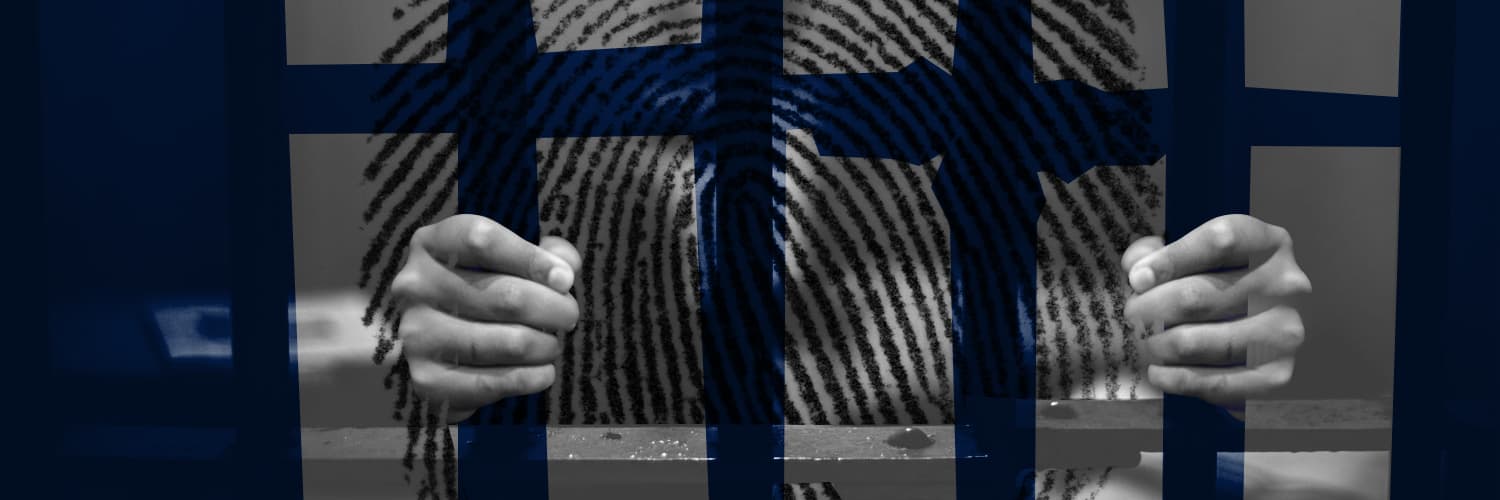Justice

Interactions with the police and courts are commonplace. A police officer can check your identity in the street, and can fine you for speeding or for not having a bell on your bicycle. You can also come into contact with the police as a victim of a crime; for example if you have been attacked because of your skin colour, religion, ethnicity, political convictions, or because someone simply did not like who you were holding hands with in the street.
-
-
Prison overcrowding and inhumane detention conditions in Hungary remain unresolved
-
Submission to the UN Special Rapporteur on Freedom of Peaceful Assembly and of Association
-
Submission to the UN Special Rapporteur on Freedom of Religion or Belief: The Right to a Dignified Final Farewell
-
Submission to the UN Special Rapporteur on Torture: Experiences of Victims and Survivors
-
Pécs Pride 2025 – Q&A
-
Systemic failures persist in tackling police ill-treatment in Hungary
-
Prison overcrowding and inhumane detention conditions in Hungary remain unresolved
-
Reports to the UN Human Rights Committee
-
Research report: vulnerable social groups in police proceedings in Hungary
-
Submission to the UN Special Rapporteur on Freedom of Peaceful Assembly and of Association
-
Submission to the UN Special Rapporteur on Freedom of Religion or Belief: The Right to a Dignified Final Farewell
-
Hate crime: Far-right attacker sentenced to prison
-
Right to attend funeral arbitrarily denied
-
Physical separation during prison visits in Hungary: considerable improvements and remaining concerns
-
ECtHR: Physical separation of a detainee from his visitors cannot be considered necessary in the absence of any established security risk
-
Beaten to a pulp by police officers: the Strasbourg Court ordered Hungary to pay damages to our client
-
Enhanced police checks still in need of adequate safeguards
-
EPO4YOUTH – Advancing Juvenile Justice and Detention Conditions in Europe (2025-2028)
-
VicTory – Restorative and victim-centred approach to mitigate hate and (violent) extremism across Europe (2024-2026)
-
PRinCE – Procedural Rights in Central Europe (2024-2026)
-
‘TÁMASZ’ project – Support for the relatives of detainees (2024-2025)
-
LGBTIQ prisoners’ rights in the European Union (2024-2025)
-
DigiRights: The digitalisation of defence rights in criminal proceedings (2022-2025)
Related Helsinki Files
Thematic collection of related articles
In such a situation, it is your right to have the authorities explain your rights and what is happening to you in an easily understandable manner. You have a right to legal representation and to fair treatment by the police when they take your statement.
Prison conditions reveal a lot about a society. In a democratic European country, a person must never be tortured or held in inhuman conditions regardless of the crime they may have committed. Hundreds of people are currently detained in Hungarian prisons for simple misdemeanours, like being unable to pay a fine. Many people must sit in detention for months before it turns out that they did not commit any crime. One of the stated goals of incarceration is deterrence and crime prevention, but it is equally important to ensure that those being released from prison are able to reintegrate into society upon release, by finding a job and dignified subsistence. However, years spent in overcrowded and depressing prison conditions often produce the opposite effect. This is why we have worked for decades to ensure fair, rule-abiding law enforcement, fair criminal proceedings and humane prison conditions.
You can help, too
Support our work!
-
Donate online
Thank you for supporting our work!
-
Bank transfer
Bank account number and bank IDs
-
Dedicate 1% of your taxes to protect human rights
Our Tax Number: 19013983-1-42
-
Branded products
Boldly wear your values!
-
Corporate sponsorship
Offering support through a product or service
-
Donate your free time
Have you ever considered donating your free time?